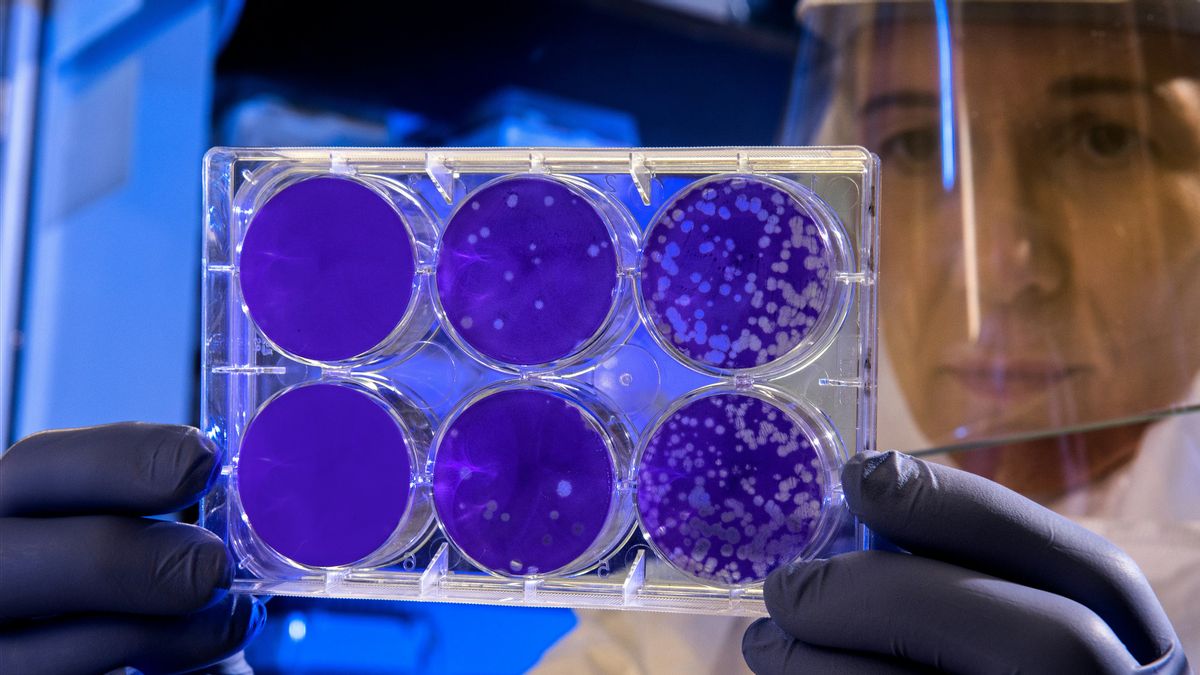YOGYAKARTA - The middle of news about meat-eating bacteria in Japan. As of June 2, 2024, Japan's Ministry of Health recorded around 977 cases of meat-eating bacteria infection with the scientific term streptococcal toxic shock syndrome (STSS), with a death toll of 30%. This means that between January and March there were around 77 people who had died from the bacterial infection. This year's infection rate is greater than the record 941 cases recorded during last year.
The number of new problems is the recording results of the National Institute of Infectious Diseases Japan, an institution that has recorded the events of this disease since 1999. It is known, STSS is a bacterial infection that can spread to internal tissue and blood flow.
Initially experienced fever, muscle aches, and vomiting, even these germs can quickly threaten lives with low blood pressure, swelling, and failure of many organs when the body is in shock.
"Even with treatment, STSS can be deadly. Of the 10 people with STSS, as many as 3 people will die from the infection," according to the US Centers for Disease Control and Prevention (CDC).
The CDC noted that most of the STSS problems were caused by group A (GAS) streptokos bacteria, bacteria that also cause fever and throat infections in children. In rare problems, these bacteria can become invasive when producing toxins that allow them to access blood flow. These bacteria can also cause serious diseases such as toxic shocks.
Meanwhile, in December 2022, there were 5 European countries reporting to the World Health Organization that there was an increase in the invasive group A stretchococcus (iGAS), children under 10 who were most affected. The CDC said its group was also investigating the real rise in this disease at the time.
After that in March, Japanese authorities warned of a spike in STSS problems. Japan's National Institute of Infectious Diseases released a risk assessment stating the number of STSS cases caused by iGAS has increased since July 2023, especially among those under 50.
The CDC says elderly people with open wounds are at a higher risk of contracting the STSS, including those who have just undergone surgery.
"However, experts do not know how these germs entered the body of nearly half of those with STSS," the CDC said on its website.
SEE ALSO:
For the Japanese Public Broadcasting Institute NHK, the reason for the increase in STSS cases in Japan this year is still unclear. Professor Ken Kikuchi, from the University of Women's Medicine in Tokyo, said to NHK that the increase could be caused by a weakening of the body's immunity system after COVID-19.
"We can increase the body's immunity if we continue to be exposed to bacteria. But that mechanism does not exist during the coronavirus pandemic. So, currently, more and more people are vulnerable to infection, and that may be one of the reasons for the sharp increase in cases," he concluded.
Talking about bacteria, actually their role is 'Not Always Bad, This is the Importance of Bacteria for Body Health'.
So after knowing the meat-eating bacteria in Japan, see other interesting news on VOI.ID, it's time to revolutionize news!
The English, Chinese, Japanese, Arabic, and French versions are automatically generated by the AI. So there may still be inaccuracies in translating, please always see Indonesian as our main language. (system supported by DigitalSiber.id)

















